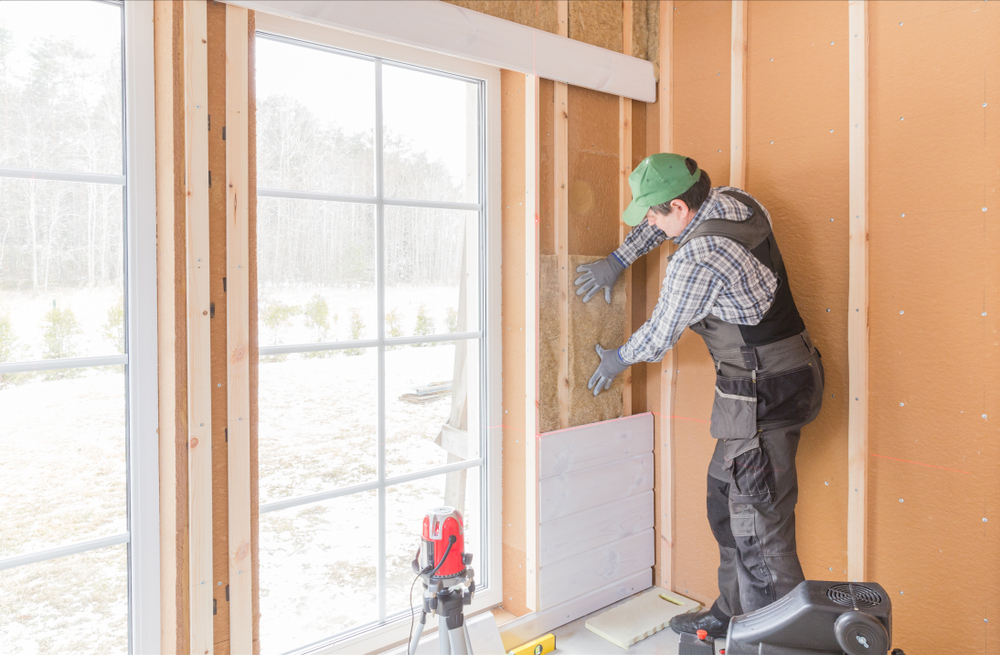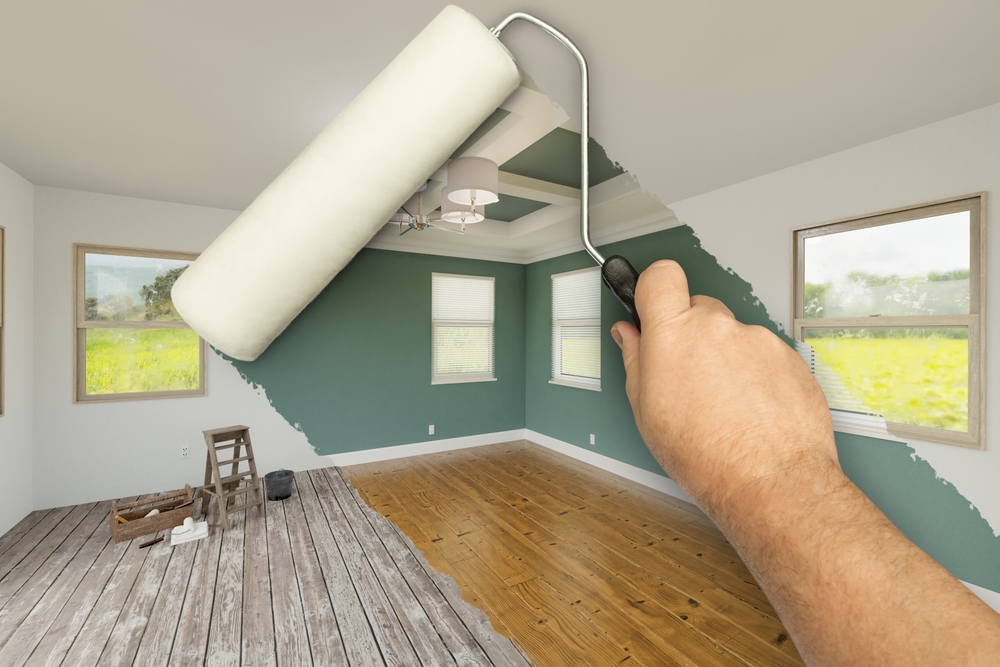After helping over 200 first-time home buyers navigate their purchases, I’ve seen the same costly mistakes repeated again and again. These errors can add thousands to your home purchase or cause you to lose your dream home entirely. Here’s what to avoid and how to protect yourself.
Mistake #1: Not Getting Pre-Approved (Cost: Lost homes + higher rates)
Getting pre-qualified is not the same as pre-approved. Pre-qualification is just an estimate based on what you tell the lender. Pre-approval means they’ve verified your income, assets, and credit.
Why this matters: In competitive markets, sellers won’t consider offers without pre-approval letters. I’ve seen buyers lose homes because someone else had their financing locked down.
The fix: Get pre-approved before you start looking. This typically takes 2-3 business days and gives you a real budget to work with.
Mistake #2: Maxing Out Your Budget (Cost: -500/month stress)
Just because you’re approved for ,000 doesn’t mean you should spend it all. Lenders qualify you at debt-to-income ratios that leave little room for life changes.
Hidden costs they don’t tell you:
– Property taxes increase over time
– HOA fees can rise annually
– Maintenance costs 1-3% of home value yearly
– Utilities vary dramatically by home size and age
The fix: Stay 10-20% below your maximum approval amount. Your future self will thank you.
Mistake #3: Skipping the Home Inspection (Cost: ,000-50,000+)
I cannot stress this enough – NEVER waive the inspection, even in hot markets. I’ve seen buyers discover ,000 foundation issues after closing because they wanted to make their offer more competitive.
What inspectors find:
– Electrical issues (average fix: ,500-8,000)
– Plumbing problems (average fix: ,500-6,000)
– HVAC issues (replacement: ,000-15,000)
– Roof problems (replacement: ,000-20,000)
The fix: Include inspection contingency in every offer. If the seller won’t accept it, that’s a red flag.
Mistake #4: Not Researching the Neighborhood (Cost: Resale value + quality of life)
You’re not just buying a house – you’re buying a neighborhood. Many first-time buyers focus so much on the property that they ignore the surrounding area.
Research checklist:
– Drive through at different times of day and week
– Check school ratings (even if you don’t have kids)
– Look up crime statistics
– Verify planned development or zoning changes
– Test your commute during rush hour
Mistake #5: Inadequate Down Payment Planning (Cost: PMI + higher rates)
Many buyers think they need 20% down, so they either wait too long or stretch their savings too thin. Others put down the minimum without understanding the long-term costs.
Down payment reality check:
– 3% down: Available through conventional loans
– 3.5% down: FHA loans (good for lower credit scores)
– 0% down: VA loans for veterans, USDA loans for rural areas
PMI costs: Private mortgage insurance typically costs 0.5-1% of loan amount annually. On a ,000 loan, that’s ,500-3,000 per year.
Mistake #6: Ignoring Closing Costs (Cost: ,000-15,000 surprise)
First-time buyers often focus on the down payment and forget about closing costs, which typically run 2-5% of the purchase price.
Typical closing costs include:
– Appraisal fee: -600
– Title insurance: -2,000
– Attorney fees: -1,500
– Recording fees: -500
– Prepaid property taxes and insurance
– Lender fees: 1-2% of loan amount
The fix: Budget an additional 3-5% of purchase price for closing costs.
Mistake #7: Not Shopping Around for Mortgages (Cost: ,000+ over loan term)
Many buyers go with the first lender they talk to or assume their bank offers the best rates. Even a 0.25% rate difference adds up significantly over 30 years.
Rate shopping example:
,000 loan at 6.5% = ,896/month
,000 loan at 6.25% = ,847/month
Monthly savings: | 30-year savings: ,640
The fix: Get quotes from at least 3-4 lenders, including credit unions and online lenders.
Mistake #8: Falling in Love Too Quickly (Cost: Overpaying + poor negotiation)
Emotional decision-making leads to overpaying. I’ve watched buyers bid ,000 over asking price on the first house they saw, only to find similar properties for less a week later.
The fix: Look at 10-15 homes before making an offer. This gives you a real sense of market value and helps you negotiate more effectively.
Mistake #9: Not Understanding Market Conditions (Cost: Timing and strategy errors)
First-time buyers often don’t realize whether they’re in a buyer’s or seller’s market, which completely changes your strategy.
Seller’s market indicators:
– Low inventory (less than 3 months supply)
– Multiple offers on most homes
– Homes selling above asking price
– Quick sales (under 30 days)
Buyer’s market indicators:
– High inventory (6+ months supply)
– Homes sitting on market longer
– Price reductions common
– More negotiating power
Mistake #10: Choosing the Wrong Real Estate Agent (Cost: Poor representation + missed opportunities)
Not all agents are created equal. Some work primarily with sellers, others specialize in luxury homes, and some just don’t have much experience with first-time buyers.
What to look for in a buyer’s agent:
– Experience with first-time buyers
– Knowledge of loan programs and incentives
– Responsive communication style
– Local market expertise
– Strong negotiation skills
Red flags:
– Pushes you to see homes above your budget
– Doesn’t explain the process clearly
– Takes days to respond to messages
– Discourages inspections or contingencies
Money-Saving Programs for First-Time Buyers
Many states and cities offer first-time buyer programs that can save you thousands:
Common programs:
– Down payment assistance grants
– Reduced interest rate loans
– Tax credits
– Closing cost assistance
– Shared equity programs
The fix: Research programs in your area before starting your search. Some have income limits or property location requirements.
Creating Your Home Buying Timeline
6 months before: Check credit report, start saving, research neighborhoods
3 months before: Get pre-approved, find an agent, start looking
1 month before: Make offers, negotiate terms
Closing month: Finalize financing, complete inspections, prepare for move
Final Advice
Buying your first home is exciting, but don’t let emotion override logic. Take time to understand the process, ask questions, and get multiple opinions on major decisions.
The home buying process can feel overwhelming, but avoiding these common mistakes will save you money and stress. Remember, there will always be other homes, but recovering from a costly mistake can take years.
Work with professionals who explain the process clearly and have your best interests at heart. The right team makes all the difference in finding a home you’ll love at a price you can afford.

